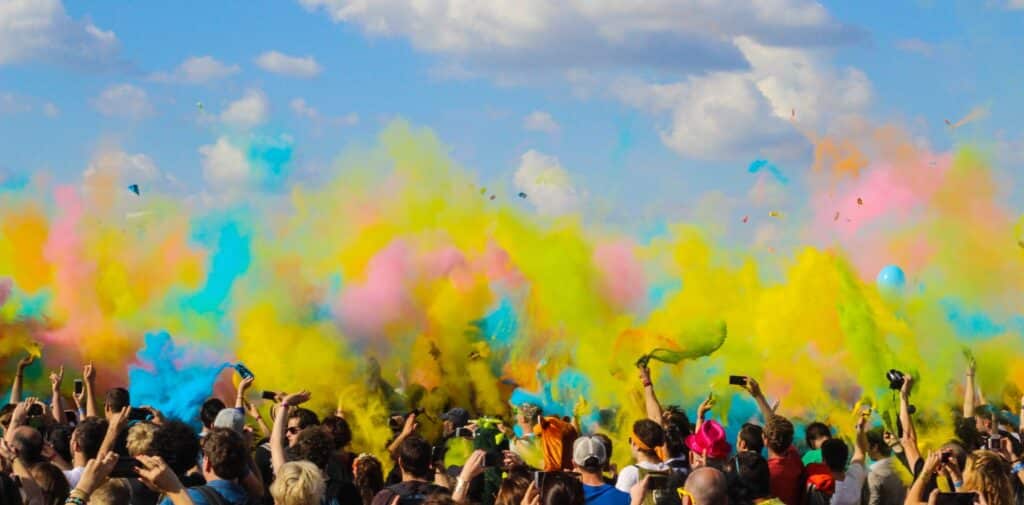Music festivals have become a cultural phenomenon over the past few decades, with millions of people attending them every year.
These events have transcended their origins as simply a place to hear live music and have become a space where people come together to celebrate, connect, and experience something larger than themselves.
In this article, we will explore the cultural significance of music festivals and why they are more than just music.
Connecting People
First and foremost, music festivals such as Glastonbury provide an opportunity for people to connect with each other. In a world where people are increasingly isolated and disconnected, music festivals provide a space where people can come together and share a common experience.
Whether it’s dancing to their favorite songs, singing along with the crowd, or simply enjoying the atmosphere, music festivals offer a sense of community that is hard to find elsewhere.
A Platform for Artists
Music festivals also provide a platform for artists to showcase their talent and reach new audiences. For emerging artists, festivals can be a game-changer, providing exposure to new fans and industry professionals.
For established artists, festivals offer an opportunity to connect with their fans and create a shared experience that is unique to the festival setting.
A Cultural Event
But music festivals are more than just a place for music and entertainment. They are also an important cultural event that celebrates diversity and promotes social change.
Many festivals showcase a wide range of music genres and artists from different cultures, which can help break down barriers and promote cross-cultural understanding.
Festivals also provide a platform for social and political activism, with many events featuring workshops, talks, and forums on a variety of issues.
The Economic Impact
In addition, music festivals have a significant economic impact on the communities in which they are held. Festivals bring in millions of dollars in revenue through ticket sales, merchandise, food and beverage sales, and more.
They also create jobs for local vendors, security personnel, and other workers, which can have a positive impact on the local economy.
Finally, music festivals are an important outlet for creativity and self-expression. Festivals often feature elaborate costumes, art installations, and other creative displays, providing an opportunity for people to express themselves in unique and interesting ways.
For many festival-goers, the event is more than just a chance to hear live music; it is a chance to express themselves in a way that they might not be able to in their everyday lives.
Final Thoughts
Music festivals are more than just a place to hear live music. They are cultural events that celebrate diversity, promote social change, and provide a platform for creativity and self-expression.
They bring people together and create a sense of community that is hard to find elsewhere. As the popularity of music festivals continues to grow, it is clear that they will continue to play an important role in our cultural landscape for years to come.

